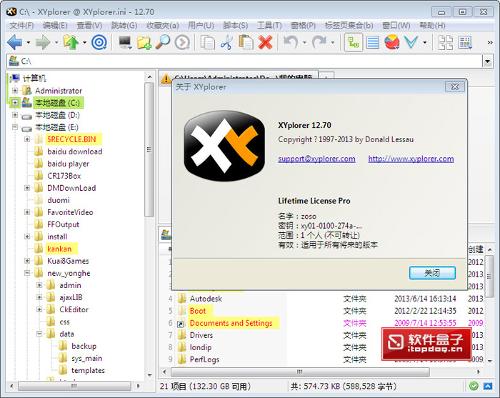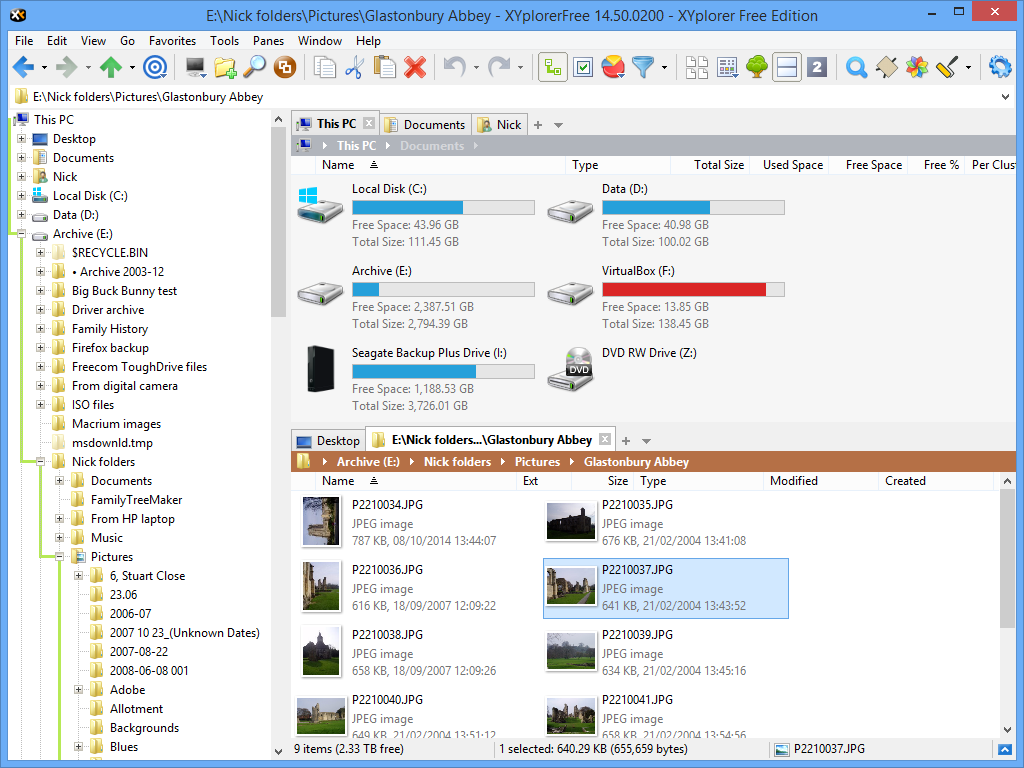

The equivalent of using -args to pass arguments to a script block is to pass an explicitly Base64-encoded argument list to -encodedArguments ( -ea): Arguments and output are passed and received as objects (rather than as text only, as happens when you pass a string -Command), albeit with the same limitations on type fidelity as in remoting - see this answer for more information.PowerShell's output streams are preserved (whereas passing a string -Command merges all output into the single standard stdout stream).This serialization is the same as the one used by PowerShell's remoting / background-job infrastructure and has two benefits: They trigger CLIXML serializing of the arguments passed to as well as the output from the CLI call. inputFormat xml -outputFormat xml are automatically added when you pass a script block to the (possibly positionally implied) -Command / -c parameter. Powershell -EncodedCommand $base64Cmd -inputFormat xml -outputFormat xml # Pass the result to the -EncodedCommand parameter: $base64Cmd = ::ToBase64String(::Unicode.GetBytes($cmd)) # Obtain a Base64-encoded version of the command from the bytes of its
XYPLORER POWERSHELL CODE
If you control construction of the commands, it's better to store pieces of code as script blocks ( -args '%s'.īehind the scenes, the appropriate Base64 encoding is performed, and the encoded command is passed to -EncodedCommand, as follows: # The command to execute: Invoke-Expression $cmd # Execute the string $cmd as code. This Get-Date command prints the current point in time as a Unix timestamp, i.e., an integer denoting the seconds since, midnight UTC e.g., 1565229614 for Wednesday, Aug10:00:13 PM ETD. Note: For illustrative purposes, I'm substituting command Get-Date -UFormat "%s" for your original command, mkdir "C:\Temp\555". Note: If you just want to execute commands stored in a string from inside a PowerShell session, without needing to run commands in a child process, use Invoke-Expression, but do note that Invoke-Expression should generally be avoided: Note: This answer addresses common use cases first for a discussion of what you tried, see the bottom section. $code = ::Utf8.GetString(::FromBase64String($4))īut if i convert $code to ASCII, how can I run it like that, because this one won't work: $4 = "bWtkaXIgQzpcVGVtcFw1NTU="

This code should work $4 = "bWtkaXIgQzpcVGVtcFw1NTU=" I would like to run command mkdir C:\Temp\555 in Powershell via a Base64-encoded string.


 0 kommentar(er)
0 kommentar(er)
